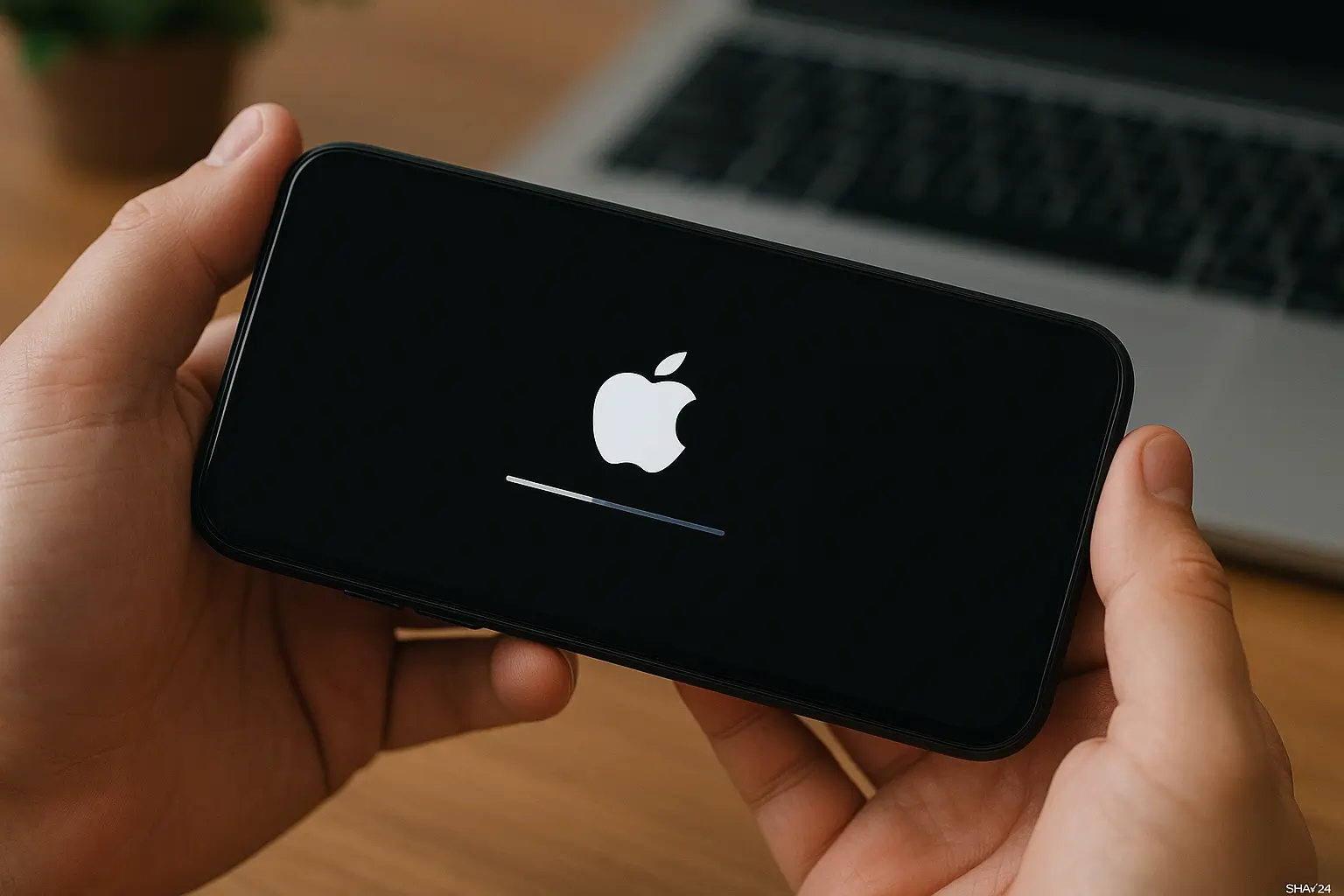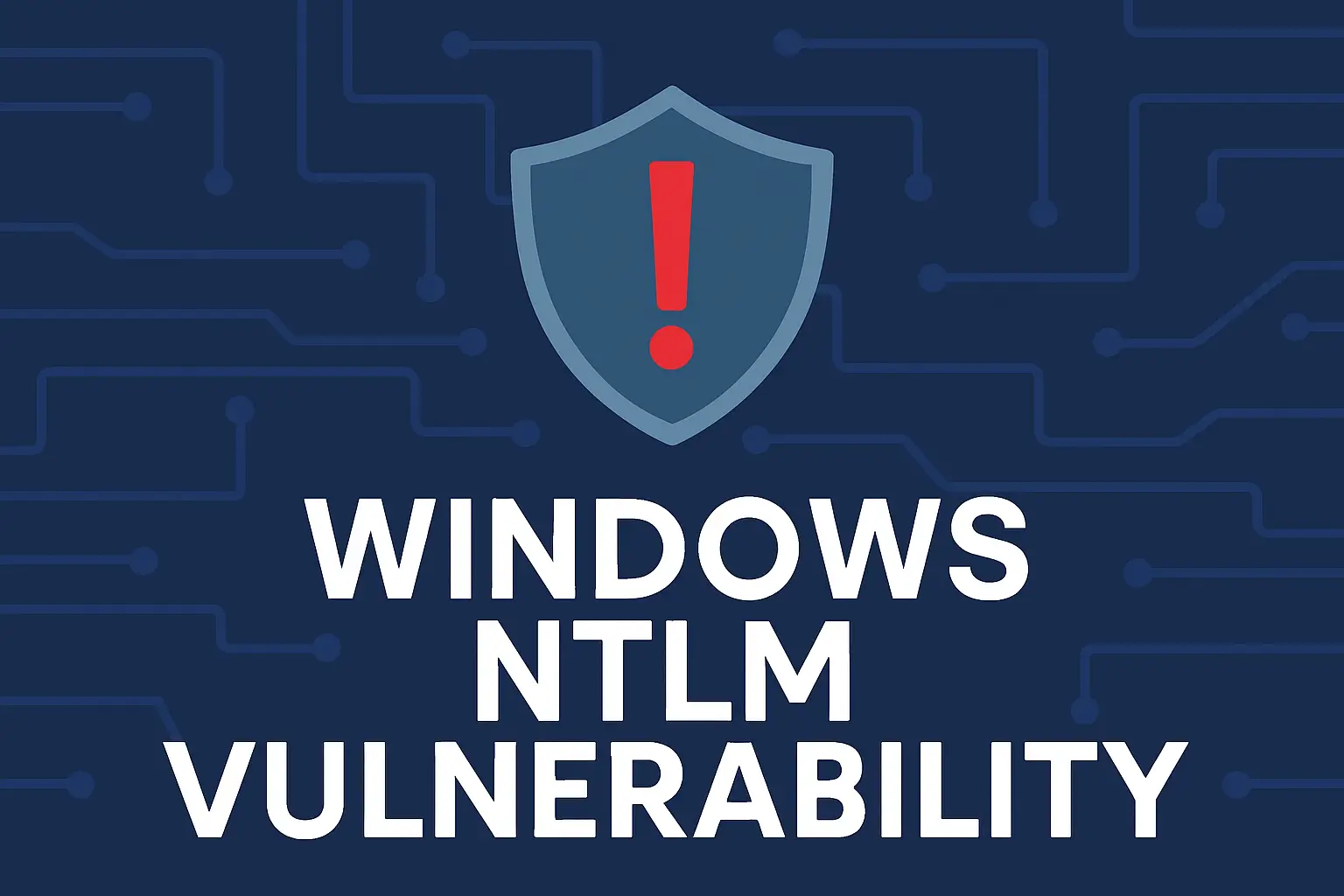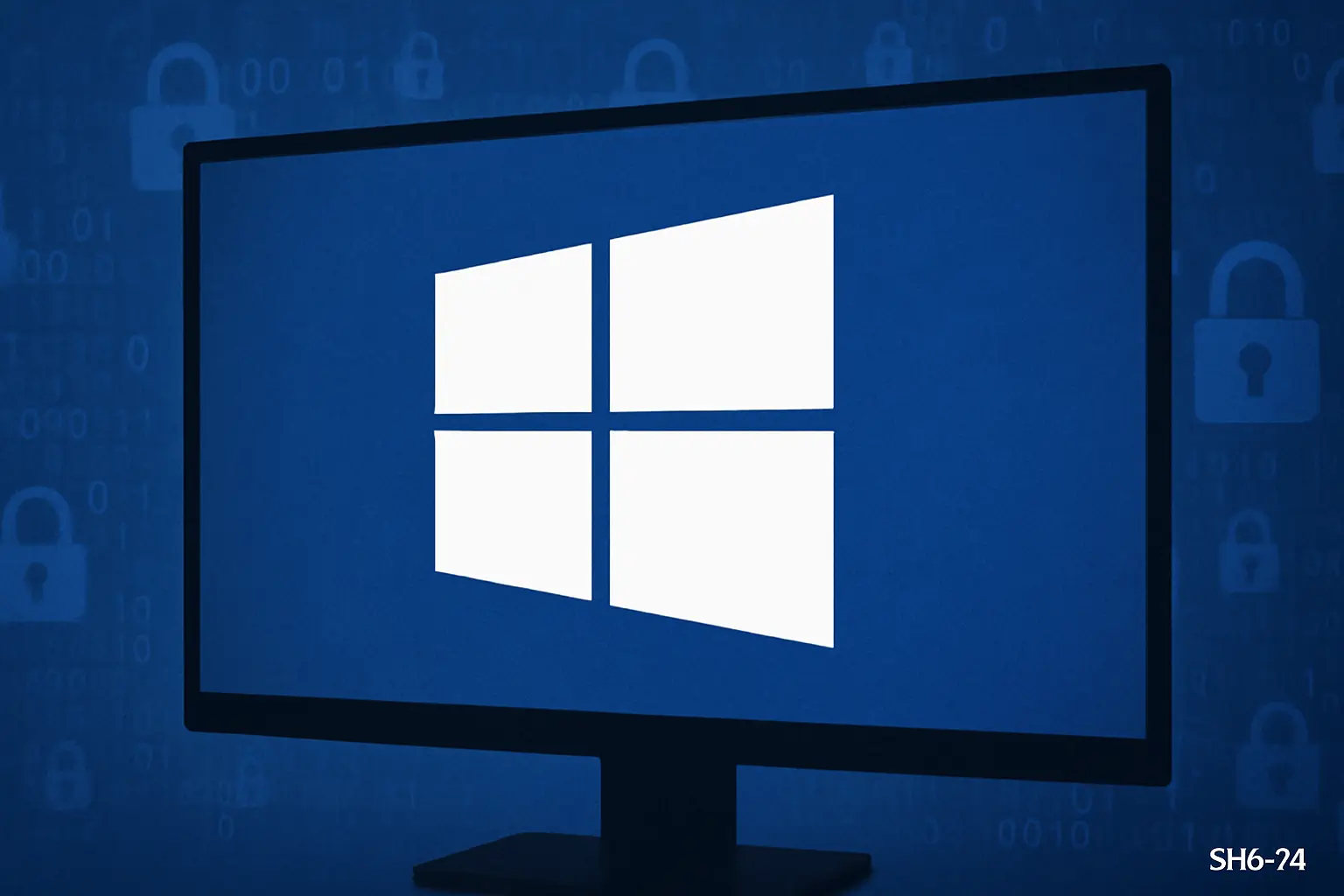Published on May 28, 2025
CVE-2025-24091: iOS Security Flaw That Could Cause iPhone to Reboot Continuously

In early 2025, the world of digital security was again rocked by the discovery of a critical vulnerability in the iOS operating system, coded CVE-2025-24091. This vulnerability has become the focus of security experts because it can cause the iPhone to reboot repeatedly without stopping. This condition not only makes the device unusable, but also opens up the potential for greater risks such as data corruption and further exploitation by hackers.
This article will review the security vulnerability in its entirety, from its origins, how it works, affected devices, to how to mitigate it. In addition, personal opinions, expert quotes, and references from trusted sources will also be included.
What is CVE-2025-24091?
CVE-2025-24091 is the official identification code for a vulnerability (security hole) in the iOS operating system discovered in the first quarter of 2025. This CVE was reported by independent security researchers and has been confirmed by Apple as a high-level vulnerability.
How This Vulnerability Works
This vulnerability is exploited in a relatively simple way. The perpetrator simply sends a special payload via a local network, Bluetooth, or even iMessage. This payload causes a kernel panic on iOS which eventually makes the system enter a repeated reboot cycle.
According to a report from the National Vulnerability Database (NVD) , this bug is categorized as high severity with a CVSS score of 8.1/10.
Impact on Users
iPhone Becomes Unusable
For most users, the most obvious effect of the CVE-2025-24091 exploit is an iPhone that keeps turning on and off. The device will automatically restart every time it tries to boot, making users unable to access data or run applications.
Data Loss
In some cases, exploiting this bug causes corruption of the file system, which can lead to permanent data loss. This is very dangerous, especially for users who do not perform regular backups.
Target Attack
This bug has the potential to be used in targeted attacks, especially on important individuals such as state officials, journalists, or human rights activists.
Affected Devices
Apple has released a list of devices potentially affected by CVE-2025-24091, namely:
- iPhone 12, 13, 14, and 15 Series
- iPad Pro 2021 and later
- iPad Air 2022 and later
- iOS versions 17.0 to 17.3
Apple’s Response
In its official statement, Apple stated:
“We are aware of the vulnerability with the code CVE-2025-24091 and are working closely with our internal security teams to develop a patch as quickly as possible.” — Apple Security Engineering, January 2025
Apple has also released an interim patch via iOS 17.3.1 that users can download.
Solutions and Mitigations
System Updates
The most important step is to update iOS to the latest version. Apple has provided iOS 17.3.1 as a temporary solution that patches the CVE-2025-24091 vulnerability.
Disable Unnecessary Connections
Before the update is available, users are advised to disable:
- Bluetooth
- Wi-Fi
- iMessage (if necessary)
This step prevents exploitation through certain transmission media.
Routine Backup
Always back up data to iCloud or a computer to avoid data loss due to bugs like this.
Expert Quotes
Dr. Andika Prasetya, a security expert from Bandung Technology University stated:
“Exploits like CVE-2025-24091 prove that no system is 100% secure. It is important for users to be proactive in securing their devices.”
Personal Opinion
As an iPhone user, I find bugs like this very annoying, especially because the effect immediately makes the device unusable. This is a serious reminder that even though we use premium products, security risks still exist. I personally always advise users not to delay system updates and always actively monitor security news.
Comparison with Previous Vulnerabilities
When compared to similar bugs such as CVE-2023-42824, CVE-2025-24091 has a wider impact because it targets the core system (kernel) and causes a reboot loop, while CVE-2023-42824 only crashes certain applications.
Potential Abuse by Hackers
If not patched soon, this bug could be used for:
- Denial-of-service (DoS) attacks on certain users
- Digital extortion by asking victims to pay to “restore” their iPhones
- Planting spyware before a full system reboot
Conclusion
CVE-2025-24091 is a serious security hole that must be responded to quickly by users and developers. Its impact is broad and can be exploited by irresponsible parties. Therefore, it is important for every iPhone owner to immediately update and maintain safe digital habits.
References:





